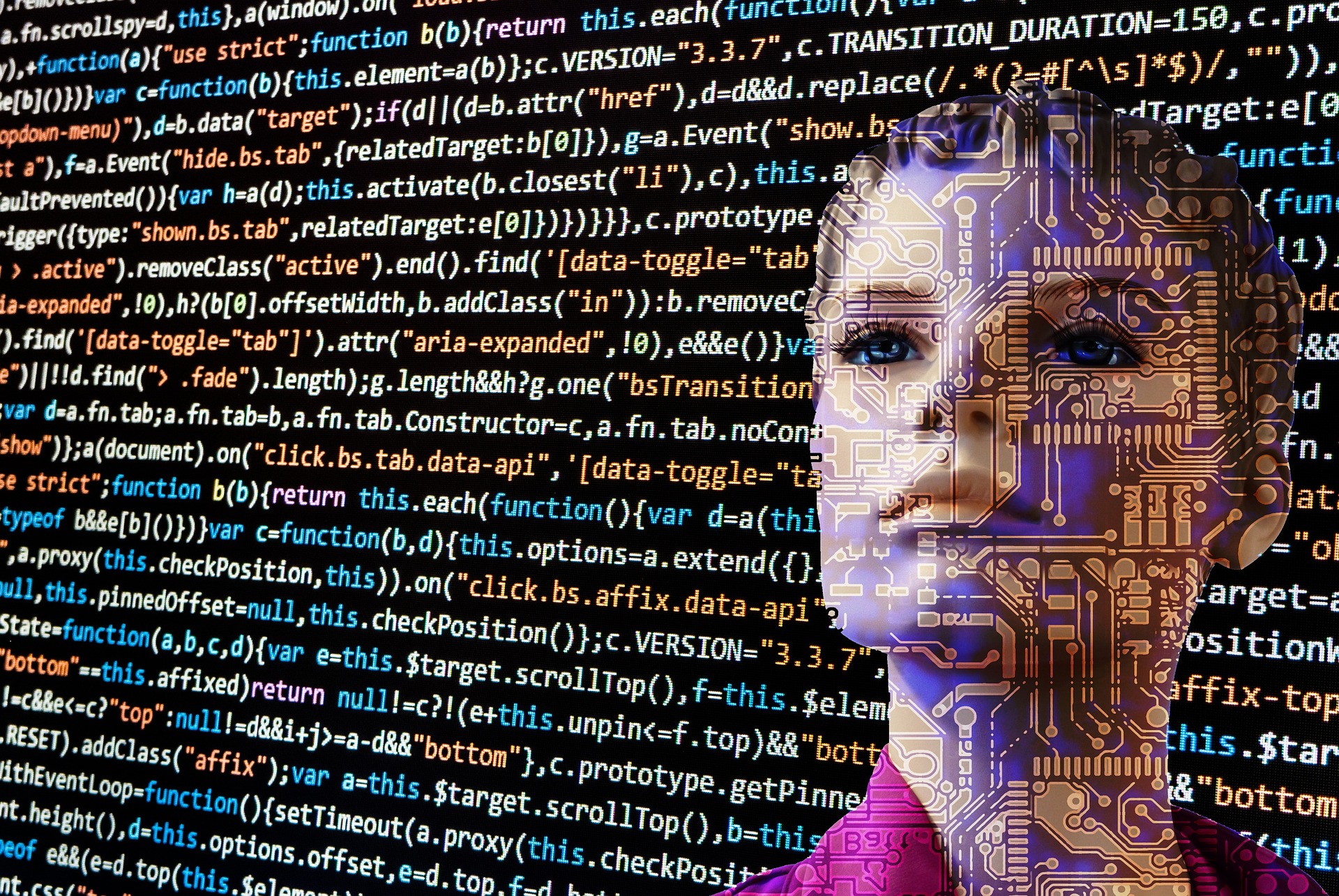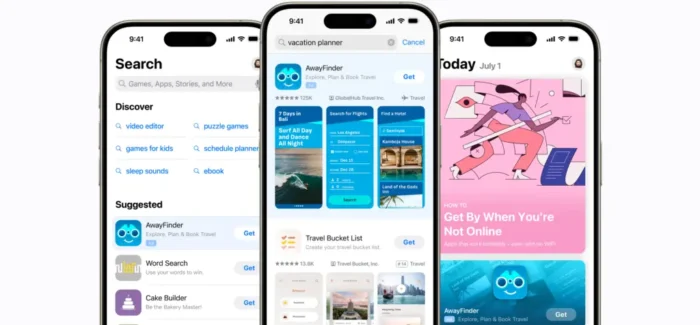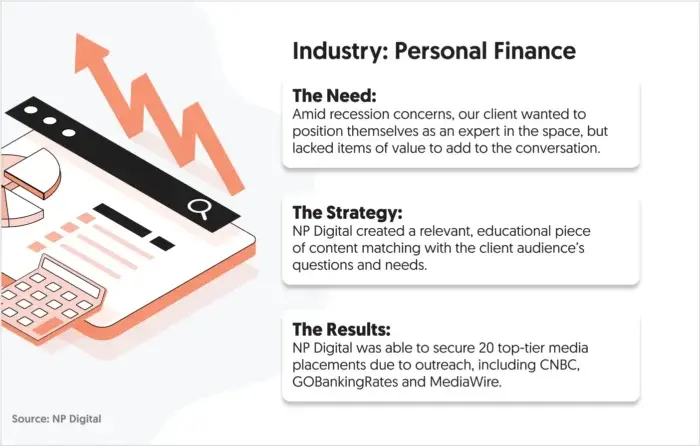How Artificial Intelligence is Creating a New Website Design Era
Within marketing and business, the integration of artificial intelligence (AI) has emerged as a transformative force across various industries. One of the most notable areas where AI is making a significant impact is in website design. Gone are the...

Within marketing and business, the integration of artificial intelligence (AI) has emerged as a transformative force across various industries. One of the most notable areas where AI is making a significant impact is in website design. Gone are the days when building a website required extensive coding skills and countless hours of manual labor. With the advent of AI-powered design tools and platforms, creating visually stunning and user-friendly websites has become more accessible than ever before.
What is Involved Within Website Design?
Website design refers to the process of conceptualizing, planning, and creating the visual layout, structure, and functionality of a website. It involves a combination of artistic creativity, technical expertise, and user-centered principles to craft an online experience that is both visually appealing and user-friendly. Website design encompasses various elements, including layout, color scheme, typography, images, navigation menus, and interactive features.
The goal of effective website design is to engage visitors, communicate information effectively, and guide them seamlessly through the website’s content or functionalities. It also involves considerations for responsiveness across different devices, ensuring that the website displays optimally on desktops, tablets, and smartphones. Ultimately, website design plays a crucial role in shaping the overall user experience and perception of a website, influencing factors such as usability, credibility, and brand identity.
The Evolution of Website Design
Before delving into the role of AI in website design, it’s essential to understand the evolution of this field. In the early days of the internet, websites were basic and static, primarily consisting of text and images. However, as technology advanced, so did the expectations of internet users. Websites became more dynamic, interactive, and visually appealing, prompting the need for more sophisticated design techniques.
Traditional website design involved a meticulous process that included wireframing, prototyping, coding, and testing. Designers and developers had to possess a diverse skill set and spend considerable time and effort to bring a website to life. While this approach yielded impressive results, it was often time-consuming and resource-intensive.
Enter Artificial Intelligence
The integration of AI into website design has revolutionized the way we create and optimize digital experiences. AI algorithms can analyze vast amounts of data and identify patterns and trends, enabling designers to make data-driven decisions and streamline the design process.
One of the most significant advantages of AI in website design is its ability to automate repetitive tasks. AI-powered design tools can generate layouts, select color schemes, and even suggest typography based on predefined criteria and user preferences. This automation not only saves time but also empowers designers to focus on more creative aspects of the design process.
Personalized User Experiences
AI-driven personalization is another area where the impact of AI on website design is profound. By leveraging machine learning algorithms, websites can analyze user behavior, preferences, and demographics to deliver personalized content and recommendations in real-time. Whether it’s recommending products, tailoring content, or optimizing the user interface, AI enables websites to adapt to each user’s unique needs and preferences, enhancing engagement and conversion rates.
Responsive and Adaptive Design
With the proliferation of mobile devices, responsive and adaptive design has become imperative for ensuring optimal user experience across different screen sizes and devices. AI plays a crucial role in this aspect of website design by automatically optimizing layouts, images, and content to fit various screen resolutions and device capabilities. By analyzing device specifications and user interactions, AI algorithms can dynamically adjust the website’s appearance and functionality, ensuring a seamless experience regardless of the device being used.
Enhanced Accessibility
AI is also contributing to making websites more accessible to users with disabilities. By incorporating features such as voice recognition, screen readers, and image recognition, AI-powered websites can cater to a broader audience, including those with visual or motor impairments. These accessibility enhancements not only align with ethical considerations but also contribute to a more inclusive online environment.
Streamlined Maintenance and Optimization
Beyond the initial design phase, AI continues to play a crucial role in maintaining and optimizing websites over time. AI-powered analytics tools can monitor website performance, identify areas for improvement, and even predict potential issues before they arise. By analyzing user feedback, traffic patterns, and conversion metrics, AI enables designers and developers to iteratively refine and enhance the website’s performance and user experience.
Overcoming Challenges and Ethical Considerations
While the benefits of AI in website design are undeniable, it’s essential to acknowledge and address potential challenges and ethical considerations. As AI algorithms become more sophisticated, there is a risk of bias in decision-making processes, leading to unintended consequences such as perpetuating stereotypes or excluding certain user groups. Designers and developers must strive to mitigate these risks by ensuring transparency, accountability, and inclusivity in their AI-driven design practices.
The Future of AI in Website Design
Looking ahead, the future of website design will undoubtedly be shaped by advancements in artificial intelligence. As AI technologies continue to evolve, we can expect to see even greater automation, personalization, and adaptability in website design. From AI-generated content to immersive virtual experiences, the possibilities are virtually limitless.
In conclusion, artificial intelligence is revolutionizing website design by enabling automation, personalization, and optimization at scale. By leveraging AI-powered tools and algorithms, designers and developers can create more engaging, accessible, and user-friendly websites that cater to the diverse needs and preferences of modern internet users. As we embrace the potential of AI in website design, it’s essential to prioritize ethical considerations and ensure that technology serves as a force for positive change in the digital landscape.

 Hollif
Hollif 
































